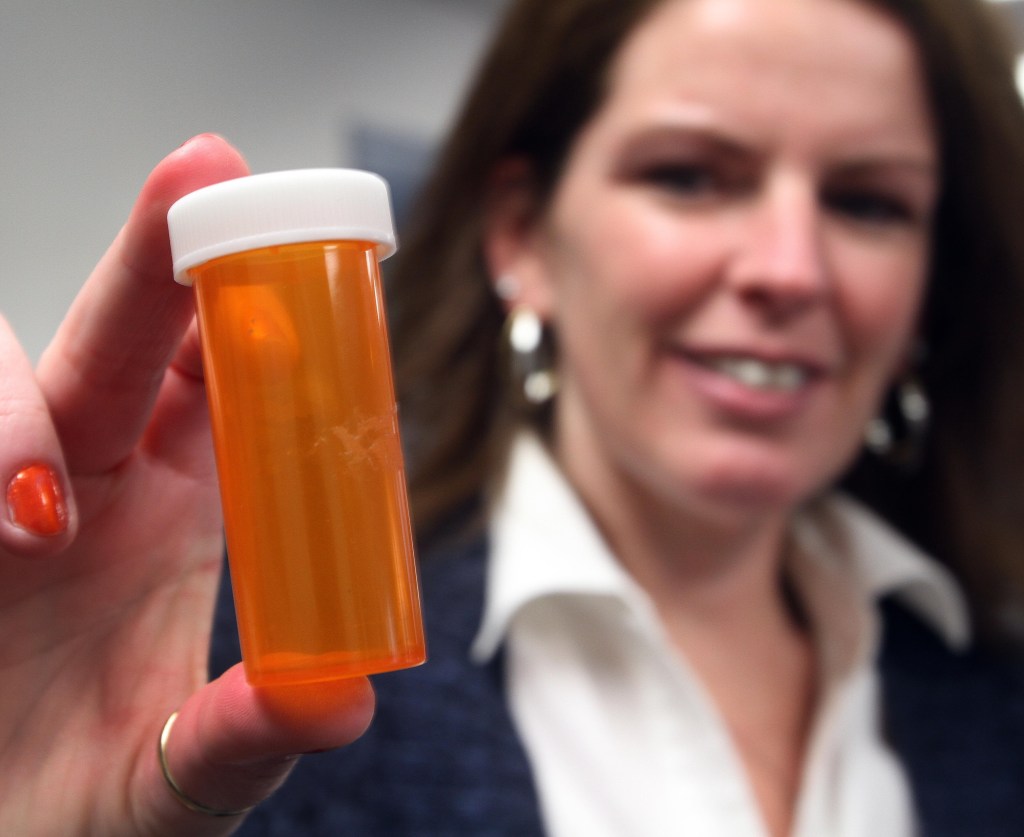RAYMOND, N.H. — A company that sells corporate promotional items online has agreed to remove candy-filled prescription bottles from its website after being lobbied by the director of a New Hampshire youth group.
Celeste Clark, director of the Raymond Coalition for Youth, contacted California-based Branders.com last summer and asked it to stop selling the novelty pill bottles, saying they set a bad example for children. She helped found the coalition in 2004 in response to a state survey that showed the town’s teens outranked the state average in drug and alcohol use. Since then, the group has focused on promoting positive, healthy choices for youth.
After getting letters, emails and finally a phone call from Clark, Branders.com CEO Jerry McLaughlin shared her concerns with the 30 customers who had purchased the bottles over the last two years. He then wrote to the company’s 500,000 other customers, saying he was pulling the product. Companies typically use it to advertise their businesses as “headache killers” with personalized labels that read, “Take two mints and call us in the morning.”
“I wouldn’t be a marketer if I didn’t admit to finding this a clever approach,” McLaughlin wrote. “But I also wouldn’t be a responsible marketer if I wasn’t open to understanding the unintended message of this approach.”
At a news conference Wednesday, Raymond Police Chief David Salois praised the coalition and its success.
“It’s all about consistency. We’re sending the wrong message to youth … when we tell them prescription drug abuse is an epidemic, and it’s so serious and to stay away from prescription drugs, and then to give them a prop or give it out as a joke in an office,” he said. “Having a good, consistent message for our youth is extremely important, and it’s really the name of the game.”
A report released this week found that prescription drug abuse among New Hampshire’s young adults ages 18 to 25 was above the national average and other Northeast states. According to the state Department of Health and Human Services, about one in eight young adults reported abusing pain relievers in the past year, and the state also experienced its highest number of drug-related deaths in 2011. There were 200 drug-related deaths that year, with about 80 percent involving prescription drugs.
Send questions/comments to the editors.



Success. Please wait for the page to reload. If the page does not reload within 5 seconds, please refresh the page.
Enter your email and password to access comments.
Hi, to comment on stories you must . This profile is in addition to your subscription and website login.
Already have a commenting profile? .
Invalid username/password.
Please check your email to confirm and complete your registration.
Only subscribers are eligible to post comments. Please subscribe or login first for digital access. Here’s why.
Use the form below to reset your password. When you've submitted your account email, we will send an email with a reset code.